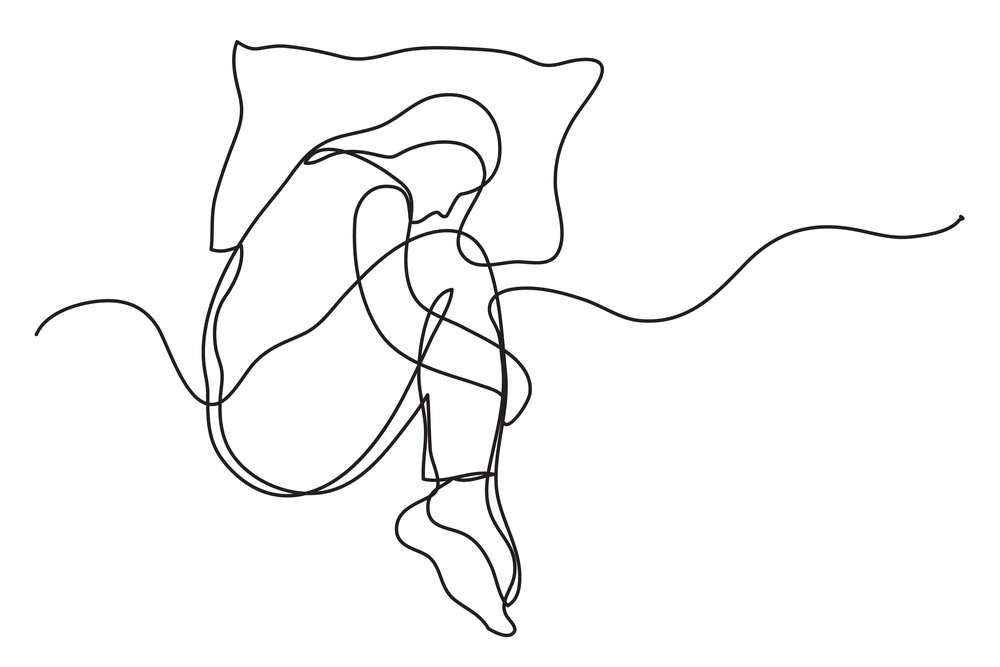The Knowledge Norms of Emotions

This post begins with a sad backstory. A little while back my wife and I had a miscarriage of our first child. There was a lot that was terrible in the experience, but in this post I want to address a certain oddity that I noticed about grief.
Due to a range of bureaucratic complications, it took about a week from when we first suspected a miscarriage to when we had final confirmation. During that week, our confidence that we had miscarried grew, but throughout the period it remained a likelihood rather than a certainty.
What surprised me, during that week, was that the uncertainty made it difficult to grieve. Even when I was pretty sure we had lost the child, it felt ‘out of whack’ to grieve the loss, since there was a chance the child was still alive. It was a terrible week, and I was extremely sad, but it felt out of joint to grieve for the child while recognizing the chance that all might be well. There was no obstacle to feeling anxious, there was nothing out of joint about feeling trepidation, but outright grief felt strange. And it continued to feel strange until we received confirmation of the loss.
This, eventually, got me wondering: is grief characterized by a knowledge norm? In philosophy, a knowledge norm is a normative rule which says that knowledge of something is required for an action or mental state to be appropriate. For example, there seems to be a knowledge norm on assertion: you should only tell someone something if you know that thing is true. This explains, for instance, why if I say “it will rain tomorrow” it is appropriate for you to ask “how do you know?” Or why saying “I don’t know” is an appropriate response if someone asks you a question. (For a thorough defense of a knowledge norm of assertion see Timothy Williamson’s “Knowing and Asserting.”)
Many philosophers also argue that there is a knowledge norm of belief: you should only believe X if you know X is true. Thus, Williamson argues in his book Knowledge and its Limits:
“Knowledge sets the standard of appropriateness for belief. That does not imply that all cases of knowing are paradigmatic cases of believing, for one might know p while in a sense treating p as if one did not know p—that is, while treating p in ways untypical of those in which subjects treat what they know. Nevertheless, as a crude generalization, the further one is from knowing p, the less appropriate it is to believe p. Knowing is in that sense the best kind of believing. Mere believing is a kind of botched knowing. In short, belief aims at knowledge (not just truth).”
There also seems to be a knowledge norm of certain actions. For instance, it seems like you should only punish someone if you know they are guilty, and only chastise someone if you know they did wrong. Some philosophers have gone even further and suggested that there is a general knowledge norm on all action: you should only treat X as a reason for action if you know X to be true.
My own experience with grief seems to suggest that there might also be a knowledge norm on various emotions; but as far as I know that topic has not yet been seriously investigated by philosophers.
My experience of the miscarriage suggested there was a knowledge norm to grief because the problem was that it felt wrong to grieve our child’s death as long as I recognized that the child might still be alive. This is parallel to how I can’t know the child had died as long as I recognized that the child might still be alive. In some sense, what is characteristic of knowledge is the elimination of all relevant alternatives. As long as those relevant alternatives remained, we did not know, nor did it feel quite right to grieve.
Here is another reason for thinking that grief is characterized by a knowledge norm: it is hard to fit probabilities with the emotion of grief. It would be weird to think that as I grow more certain, my grief grows proportionally. I do not grieve a small amount at a 5% chance that my spouse has died, nor would my grief double as my confidence grows to 10%. I grieve less for less bad things, not for lower probabilities of equally bad things. But it would be equally weird to think that there is some probabilistic threshold at which grief suddenly becomes appropriate. It is not as though when I go from 94% confident my child died to 96% confident my child died that suddenly grief goes from inappropriate to appropriate.
But if grief neither scales with probability, nor requires a certain probabilistic threshold, then it seems like grief is responsive to a standard other than probabilistic credence, and the natural alternative is that it is responsive to knowledge.
Other emotions also seem to be knowledge normed in this way. It is hard to feel grateful because you think it is likely that someone brought you a present. Normally gratitude is a response to the knowledge that someone did something for you. Jonathan Adler makes a point along these lines about resentment: “Mild resentment is never resentment caused by what one judges to be a serious offense directed toward oneself tempered by one’s degree of uncertainty in that judgment.”
Now, some other emotions at first blush seem different. I can be worried about something without knowing that thing will occur. Similarly, I can be hopeful of something without knowledge it will occur. Yet, even here, it seems that there might be some knowledge norm at play. For instance, it seems weird to be worried about or hope for something you know is impossible. Thus, it might be that you must know that something is possible before you can worry about it or hope for it.
If this is right, does it suggest a general pattern? I think it does. Emotions have appropriateness conditions. Resentment is an appropriate response to being wronged. Gratitude is an appropriate response to being given a gift. Hope is an appropriate response to the possibility of certain goods, as worry is an appropriate response to the possibility of certain bads. In each of these cases, what is required to rightly feel the emotion is knowledge.
That, then, is why grieving felt strange. I didn’t yet know if my grief was appropriate since I lacked knowledge of the tragedy to which my grief was a response.




